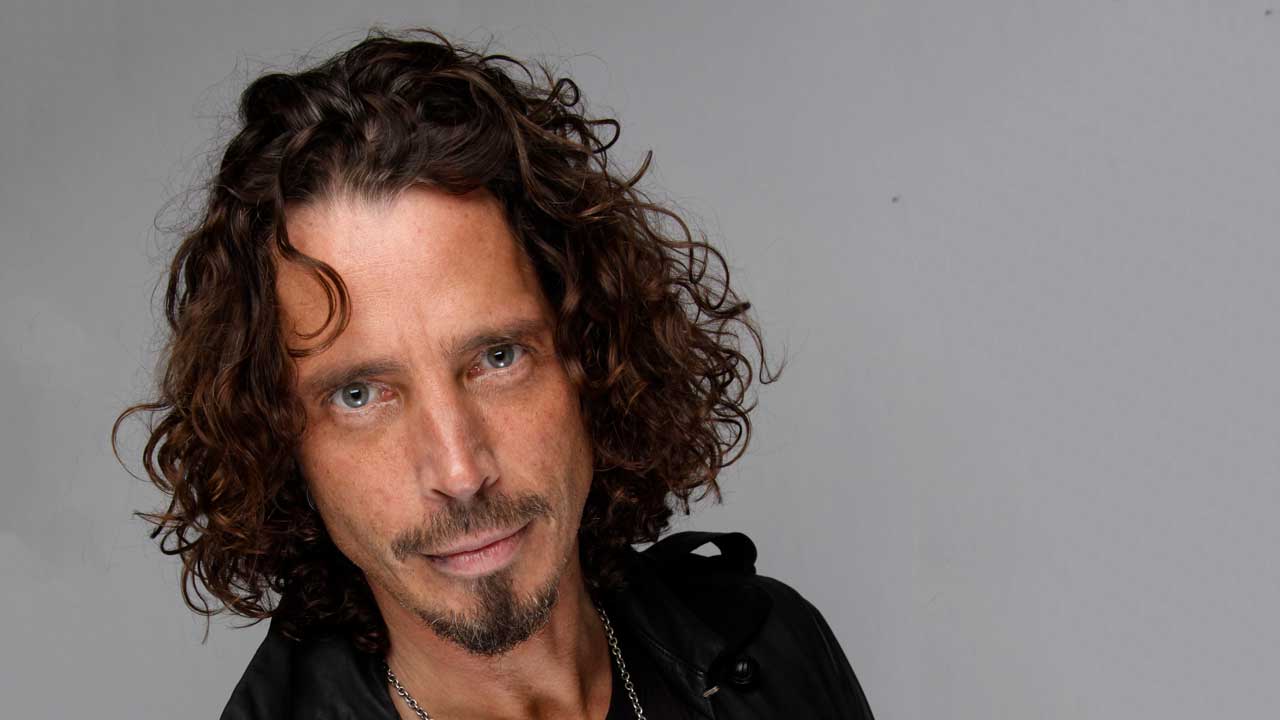
When on April 10, 1997, Soundgarden formally announced they were disbanding, it marked the end of one of the most unlikely success stories of a decade full of them.
As with most things in Chris Cornell’s life, the end of Soundgarden was low-key and understated. There were rumours of internal tensions and dissatisfaction with their touring schedule, but as far as these things go, it ended with a sigh rather than an explosion. “We weren’t a band who ended up strangling each other or fighting with lawyers,” Cornell said later.
Free from the confines of Soundgarden, the singer was free to embark on a new chapter – one that would see him scale all the highs and plunge to all the lows life has to offer. If Act I of Chris Cornell’s life was a steady rise to the top, then in retrospect, Act II was one long battle to keep the darkness at bay – a battle he would ultimately lose.
An eye-catching focal point for any band (it was no mistake that, back in ’87, the Sub Pop label placed him front and centre and half-naked on the cover of Soundgarden’s Screaming Life EP), it was his often anguished yowls that helped place Seattle on the musical map.
Writing songs that fell somewhere between Led Zeppelin, Black Sabbath and Fugazi, Cornell, with his unlaced Doc Marten’s boots and a mane of hair, swung between ardent artist and goof, and was alternately both a knotty interviewee and the funniest man on the bus. It was no surprise that Soundgarden preached about the perils of global warming and then covered Spinal Tap in the same shows on their Louder Than Love tour.
Cornell managed to transcend the fact that he was once the singer in the best band to come out of Seattle by revealing his introspective, brokenhearted side with the excellent Temple Of The Dog album – his paean to the late Mother Love Bone singer, Andrew Wood. In songs like Hunger Strike and Times Of Trouble Cornell actually crooned.
He shone briefly and brightly at the apex of Audioslave’s career with their fully realised first and second albums, but had spectacularly fallen out with his bandmates by their third, Revelations. He’d put a marriage behind him by then, too, and had had a stint in rehab to curb his drinking.
Although he soared with the stellar Euphoria Morning, he sometimes faltered in his solo work, and alienated a huge swathe of his audience by daring to push the musical envelope by working with dance producer Timbaland on Scream – which made some of his fans do just that.
After the chastening experience of his Timbaland collaboration, Cornell retreated to the safest ground possible: Soundgarden. In April 2010, the band played a reunion show at Seattle’s Showbox Theater under the anagrammatic name Nudedragons. Inevitably, this exercise in toe-dipping soon turned into a fully-fledged comeback, one that took in a headlining slot at the 2010 Lollapalooza festival, an appearance on the soundtrack to the first Avengers film and, eventually, a brand new album, 2012’s relatively well-received King Animal.
Cornell didn’t abandon his solo career this time. In 2011 he released the Songbook album, a career-spanning live acoustic album that acted as a restart after the Scream debacle. He continued in this stripped-back vein on 2015’s Higher Truth, a record that was inspired by Bruce Springsteen’s Nebraska and Pink Moon by Nick Drake, the cult British folk musician who killed himself in 1974 at the age of 26. Even in his late 40s, it seemed the spectre of death was never far from Chris Cornell’s thoughts.
Chris Cornell was 52 when he died on May 17, 2017 – neither a youthful Roman candle burnt out too soon like Andrew Wood or Kurt Cobain, nor an elder god whose time had come, like Chuck Berry or Leonard Cohen. But then depression, in whatever form it takes, is no respecter of age.
Acts I and II of Cornell’s life had been by turns groundbreaking, uplifting chaotic, unexpected and ultimately troubled. The great tragedy is that we’ll never get to know what Act III held.








